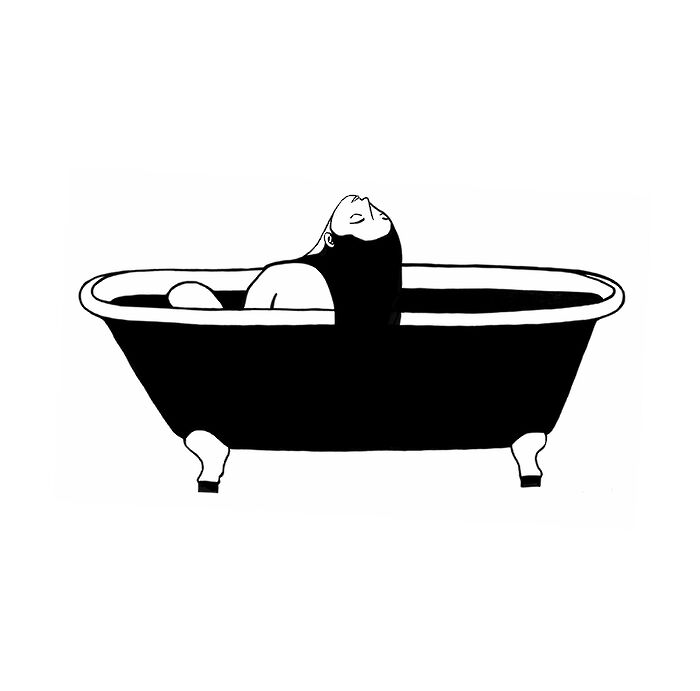“A cathartic experience”: why I keep a diary
Writing a diary builds a relationship between my past, present and future selves

I have kept a regular diary for most of my life, since I was about 9 years old – and it’s something that I can imagine myself doing for years to come.
At times I’ve wondered why I’m still doing it, and it always comes down to the value it has for my mental health and relationship with myself. Writing a diary is a cathartic experience – a way to get thoughts out of my head and put them somewhere safe and self-contained, where I never have to return to them unless I choose to.
This has become increasingly invaluable while at Cambridge. Reflecting on my day or my week stops the term from flying by before I have time to notice it. It’s easy to feel like the routine I’ve established in Week 1 has to stay for the whole term, but writing out what I’ve been doing helps me realise if my work-life balance has slipped into being unhealthy, or if I haven’t been doing enough of what I enjoy.
The raw and sometimes depressing reality of a diary contradicts the other ways in which we often remember the past
Being at Cambridge tends to exacerbate my existing struggles with mental health. I have struggled with anxiety and depression since my early teens, which spiralled into anorexia when I was fifteen. Although I consider myself pretty healthy now, the remnants are something I still deal with day-to-day – and are often intensified by the high-pressure environment here.
When I’m particularly struggling, writing helps me to try and get to the bottom of why, and to regulate my thoughts. Alone in your head, it's easy to think irrational or unpleasant things about yourself and your life. Having to put those thoughts down on to a page filters out the worst ones – I’m either too afraid to write them out, knowing how ridiculous they sound, or it helps me think through why I’m feeling that way.
It is one of the healthiest coping mechanisms that I have
Reading through my past diaries play a huge part in this as well. Over the years, my diaries, like my life, are filled with low points and high points. A low point in the present can feel like the end of the world, or at least it can be hard to imagine what ‘getting better’ looks like. Seeing my low points get better and turn into high points, again and again, is a reminder that the hopelessness isn’t real, even if it seems pretty convincing.
When I’m leaning towards a relapse into obsessive restriction, it helps to have a physical reminder of the unhappiness that it brought me. The raw and sometimes depressing reality of a diary contradicts the other ways in which we often remember the past – smiling photos and rose-tinted memories. The happy memories are important, but sometimes I need that reminder not to idealise something that was far from ideal.
Writing a diary forces me to be honest with myself, for no other purpose than myself
As a history student, my own diaries fascinate me as a source for my own life. It is interesting to think about the way I present myself and my life inside them (especially considering my only audience is me). When my parents divorced, I didn’t write about it for months. Reading it back almost ten years later, the absence of words speaks volumes for my difficulty coming to terms with it.
This is a reminder that writing a diary forces me to be honest with myself, for no other purpose than myself. The things I am reluctant to (or don’t) write down tell me as much about what I’m going through as the thoughts I am able to explore, and being aware of that is invaluable to helping me deal with my mental health and the things I’m going through.
There’s something liberating in writing a diary. I’m never going to ‘finish’, unless I abandon the whole thing. I’m the only person who’s ever going to read it, and probably never all of it, considering how many pages of writing I have accumulated by now.
For me, writing a diary is, pretentious as it sounds, building a relationship between my past, present and future selves. When I’m struggling with my mental health, it is one of the healthiest coping mechanisms that I have. It forces me to check in on myself and reflect on my goals – and I intend to keep writing for as long as this is true.
 News / Hundreds of Cambridge academics demand vote on fate of vet course20 February 2026
News / Hundreds of Cambridge academics demand vote on fate of vet course20 February 2026 News / Judge Business School advisor resigns over Epstein and Andrew links18 February 2026
News / Judge Business School advisor resigns over Epstein and Andrew links18 February 2026 News / University Council rescinds University Centre membership20 February 2026
News / University Council rescinds University Centre membership20 February 2026 News / Petition demands University reverse decision on vegan menu20 February 2026
News / Petition demands University reverse decision on vegan menu20 February 2026 News / Caius students fail to pass Pride flag proposal20 February 2026
News / Caius students fail to pass Pride flag proposal20 February 2026










